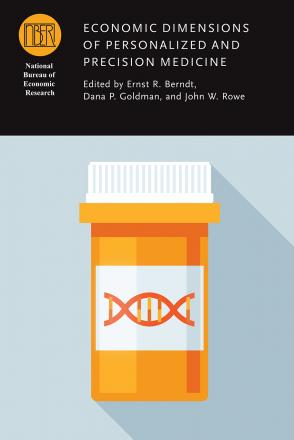Introduction to "Economic Dimensions of Personalized and Precision Medicine"

Personalized and precision medicine (PPM)—also called tailored, targeted, or stratified medicine—matches therapies to patient sub-populations aided by clinical and diagnostic biomarkers. Catalyzed by the sequencing of the human genome, an accelerated expansion of the knowledge platform underlying biological disease processes, and advances in diagnostic technologies, PPM is rapidly evolving from a hypothetical concept to an observable reality. The full promise of PPM extends beyond targeting therapies for already ill people, to identify healthy individuals at elevated risk of disease, enabling preventive measures to be targeted towards those who could most benefit, but perhaps at substantial additional cost. PPM has the potential to upend traditional models of providing health services, preventive care, health insurance, reimbursement and regulation, and raises issues involving not only medicine and biology, but economics, ethics, and statistics. In this introductory chapter we identify significant economic issues associated with PPM that invite complementary contributions from scholars and practitioners in various disciplines and fields—the biological and social sciences, drug development, public health screening, health services, ethics and statistics.
-
-
Copy CitationErnst R. Berndt, Dana P. Goldman, and John W. Rowe, Economic Dimensions of Personalized and Precision Medicine (University of Chicago Press, 2018), https://www.nber.org/books-and-chapters/economic-dimensions-personalized-and-precision-medicine/introduction-economic-dimensions-personalized-and-precision-medicine.Download Citation


